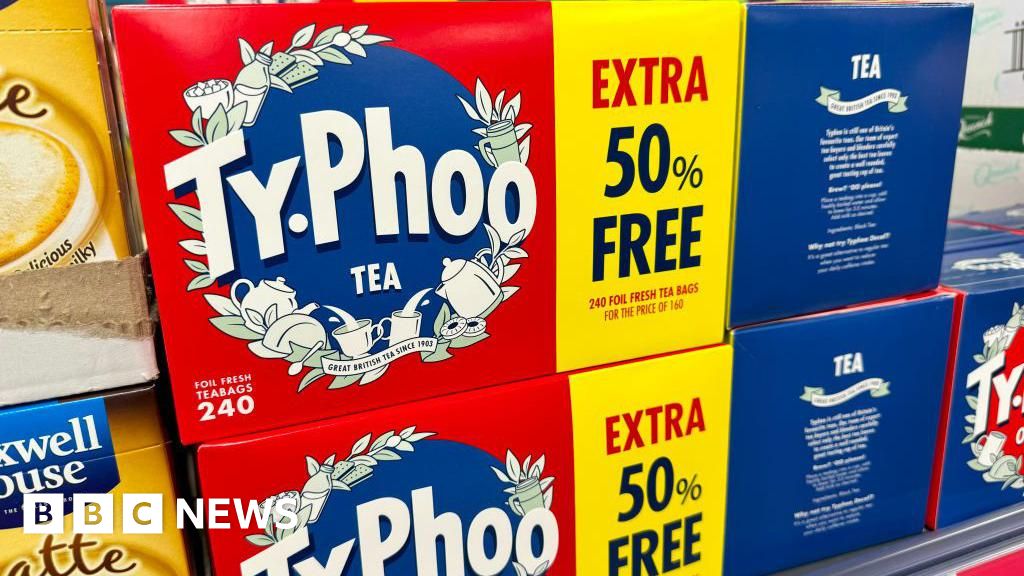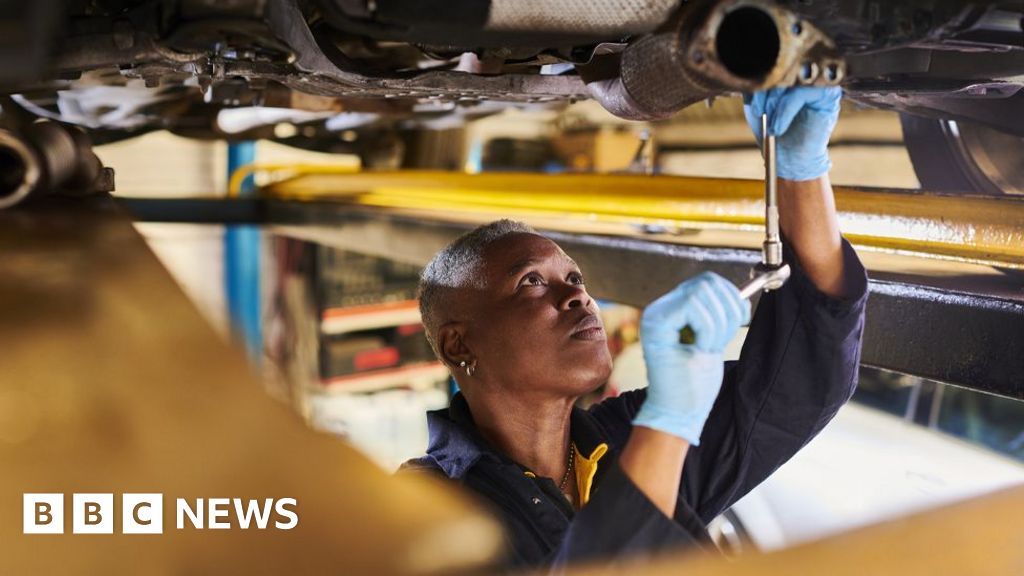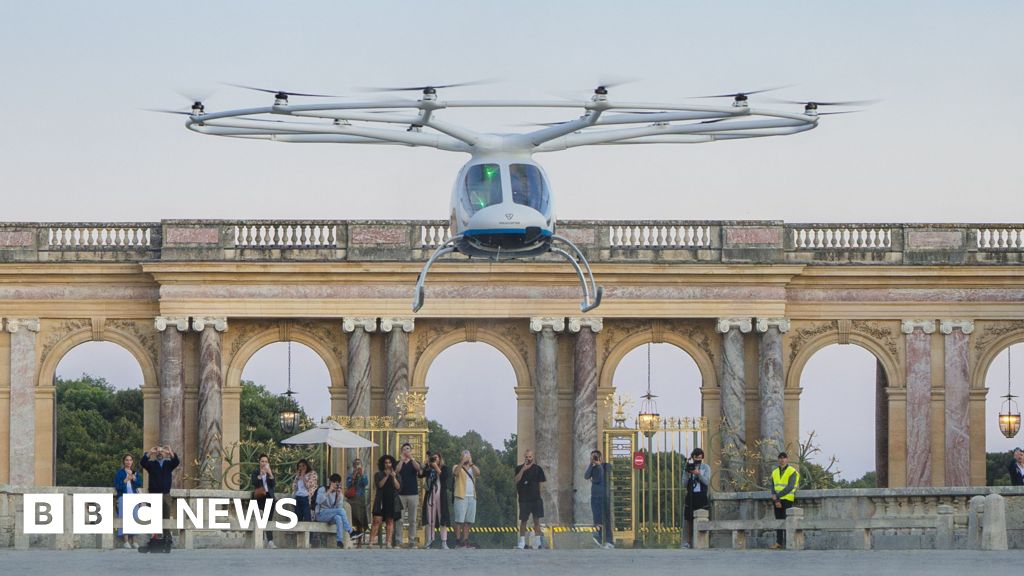ARTICLE AD BOX
Image source, Tesla/Weibo
Image caption,Tesla posted pictures of the opening ceremony online, where people were shown holding 'Tesla Loves Xinjiang' signs
Electric car maker Tesla has been criticised in the US after opening a showroom in China's controversial Xinjiang region.
The company, headed by billionaire Elon Musk, opened the showroom in the city of Urumqi on New Year's Eve.
The move has sparked criticism on social media in Western countries was welcomed in China.
China has been accused of employing slavery and genocide in the resource-rich western region of the country.
Republican senator Marco Rubio, who sponsored a bill signed into law by President Joe Biden in December that requires firms to prove that goods imported from Xinjiang were not produced with forced labour, spoke out about Tesla's decision.
Mr Rubio tweeted: "Nationless corporations are helping the Chinese Communist Party cover up genocide and slave labour in the region."
Scott Paul, the president of the Alliance of American Manufacturing industry body, said: "I'll be blunt: Any company doing business in Xinjiang is complicit in the cultural genocide taking place there. But Tesla's actions are especially despicable."
Tesla did not immediately reply to a request for comment from the BBC.
However, the opening of the new Tesla showroom was widely welcomed by users of China's Twitter-like Weibo social media platform.
One user posted: "Thank you for expanding in Xinjiang, happy new year!". Another said: "You see, Tesla supports the development and construction of Xinjiang, unlike some companies."
Image source, Tesla/Weibo
Image caption,The opening ceremony featured a Chinese lion dance
Late last year, US microchip giant Intel apologised after a backlash over a letter it sent urging suppliers not to source products or labour from Xinjiang.
The company's letter sparked criticism in China, with calls for a boycott.
Intel was not the first company to come under pressure over aims to comply with sanctions related to Xinjiang while continuing to operate in China.
Retail giants Nike and H&M also faced a backlash last year after they expressed concern about the alleged use of Uyghur forced labour in cotton production.
The Xinjiang region of China is home to many of country's Muslim Uyghur population and there have been allegations of forced labour and possibly genocide.
In December 2020, the BBC published an investigation based on new research showing China was forcing hundreds of thousands of minorities, including Uyghurs, into manual labour in Xinjiang's cotton fields.
Beijing has repeatedly denied the claims.
You may also be interested in:
Who is Elon Musk? Meet the meme-loving magnate behind SpaceX and Tesla

 2 years ago
27
2 years ago
27








 English (US)
English (US)